Soggy, limp paper straws have for too long been the only option to minimize plastic waste, but a new, improved design will remedy this.
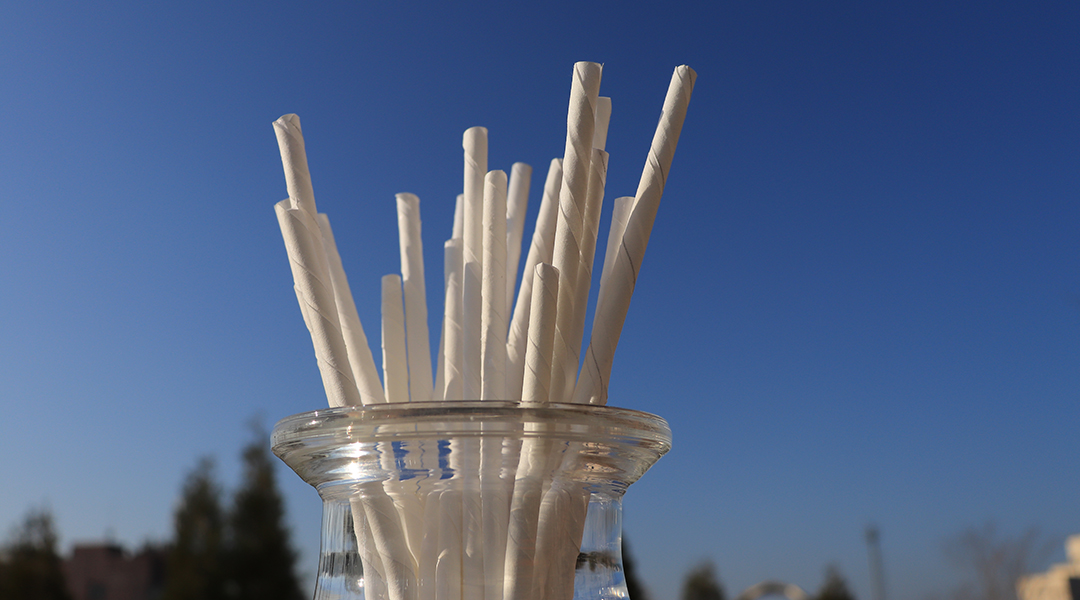

Soggy, limp paper straws have for too long been the only option to minimize plastic waste, but a new, improved design will remedy this.
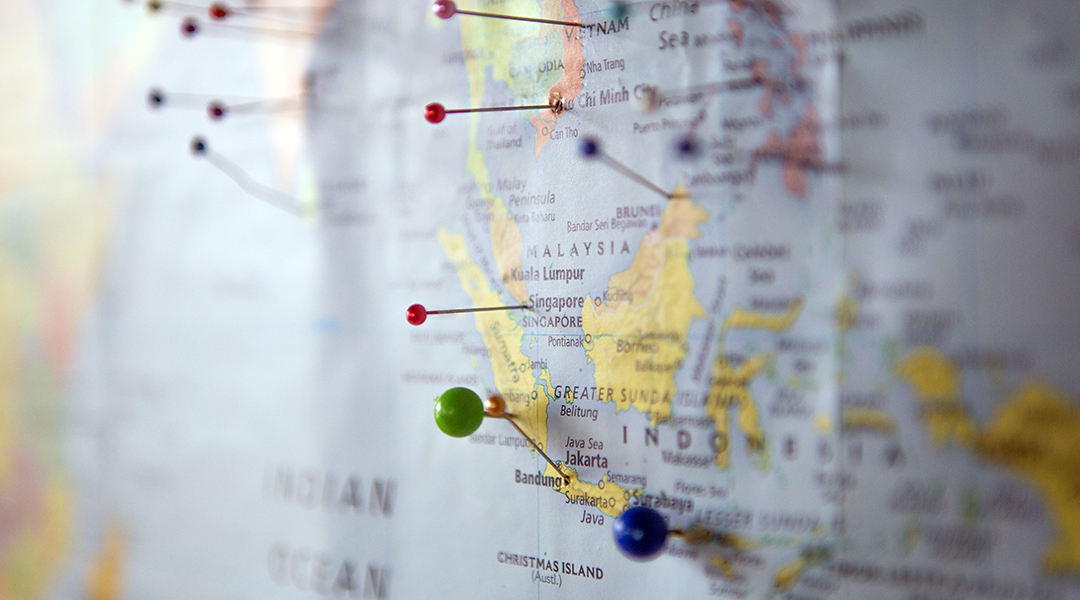
With varying climate conditions around the world, where are the most cost-effective locations to deploy direct air capture facilities?
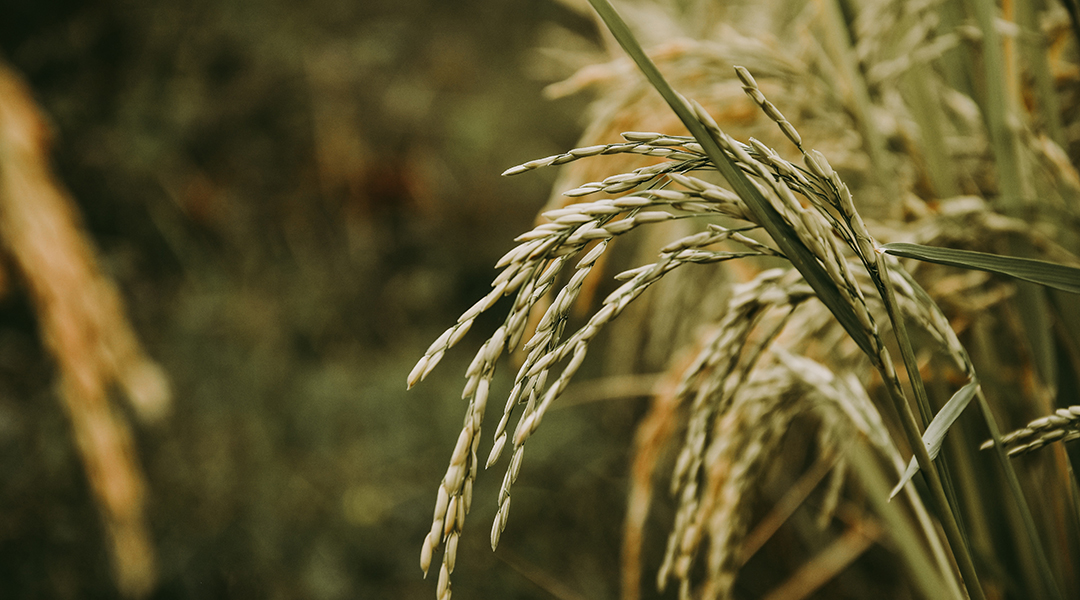
From soil to the seed, nanoplastics were shown to accumulate in rice and peanuts with potential affects on crop yield and nutrition.
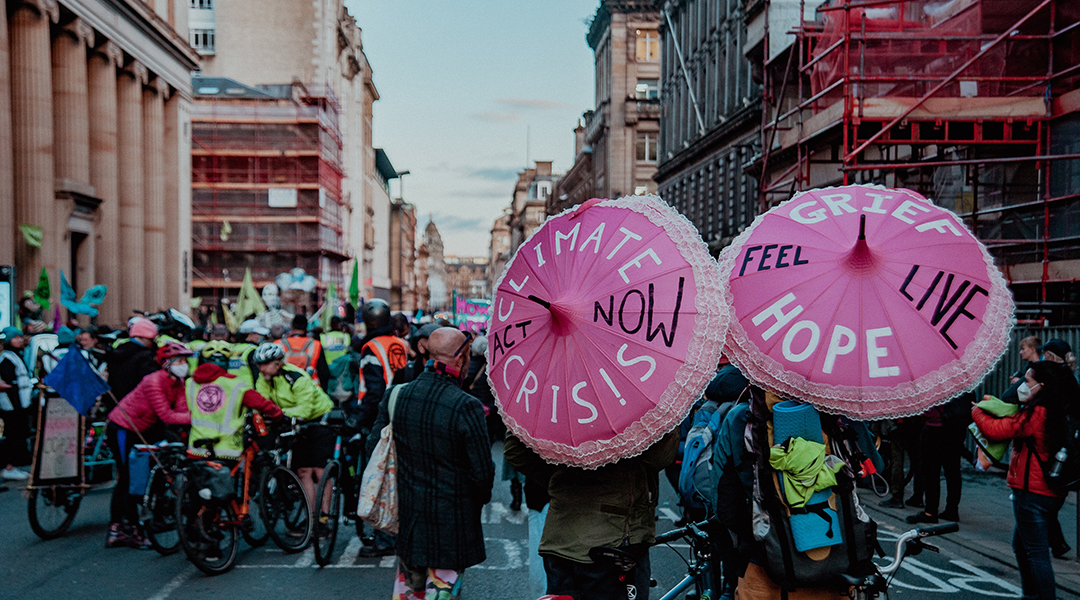
A lot is riding on COP27, and while many are feeling the pull of cynicism, there are still many reasons to remain optimistic.
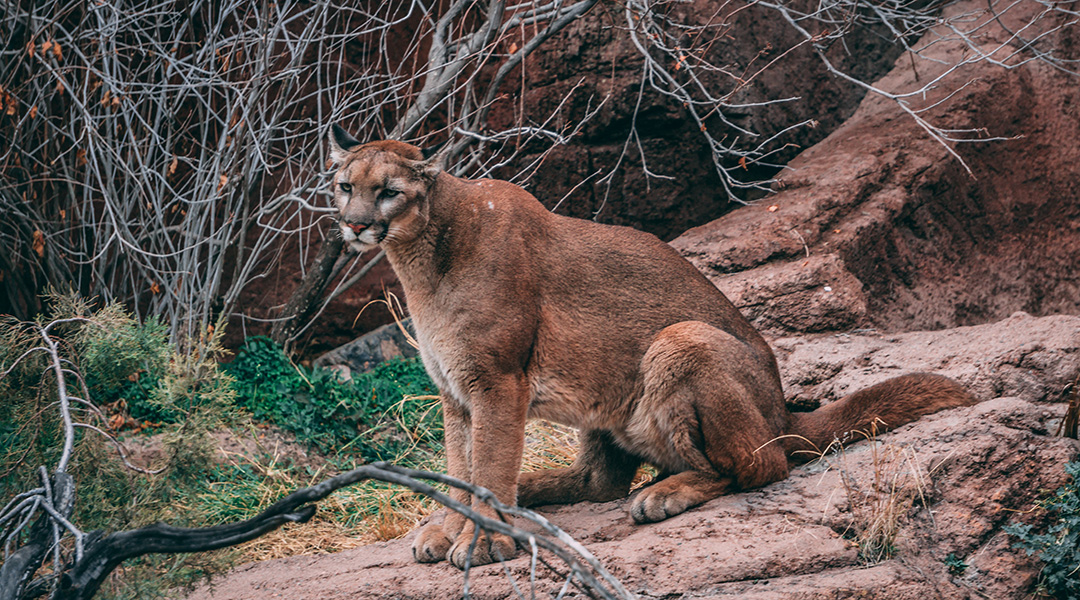
What lessons can a threatened mountain lion population living within the bounds of Los Angeles teach about the future of conservation?

Making lab-grown meat with a new 3D-printing strategy that combines fat and muscle cells to make the perfect, artificial steak.
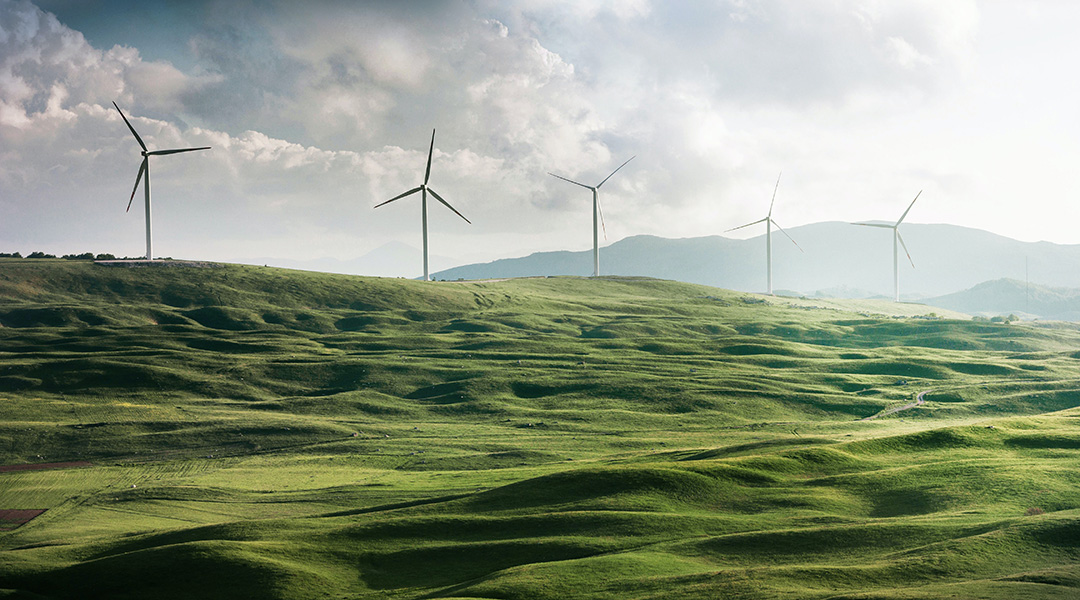
Hydrogen fuel alternatives are expected to help combat climate change, but what are the impacts of hydrogen emissions?
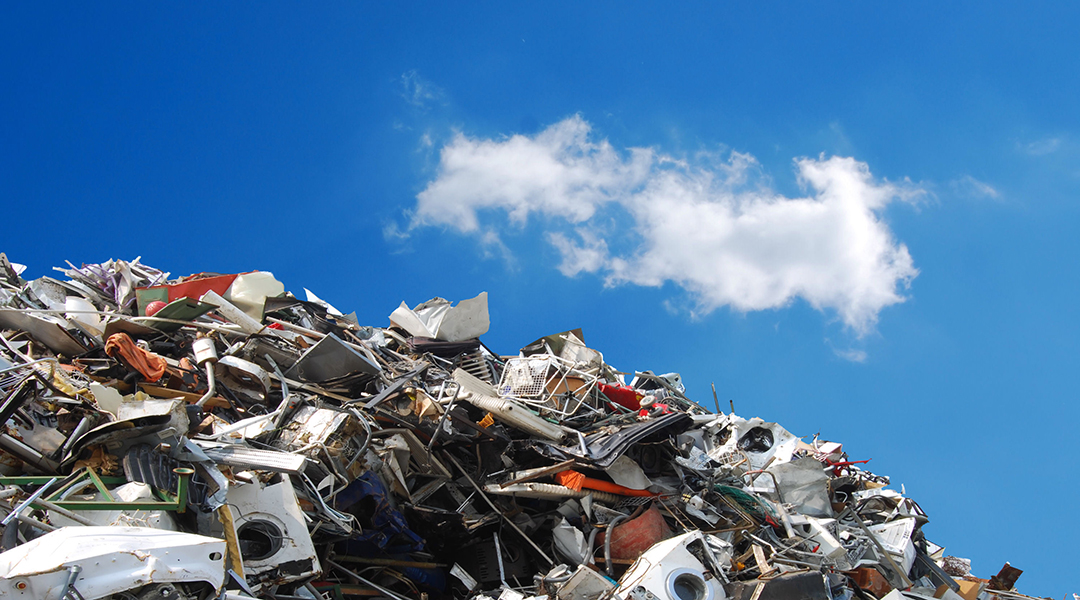
A novel recycling process recovers valuable rare earth elements from scrap, minimizing the need for harmful mining operations.
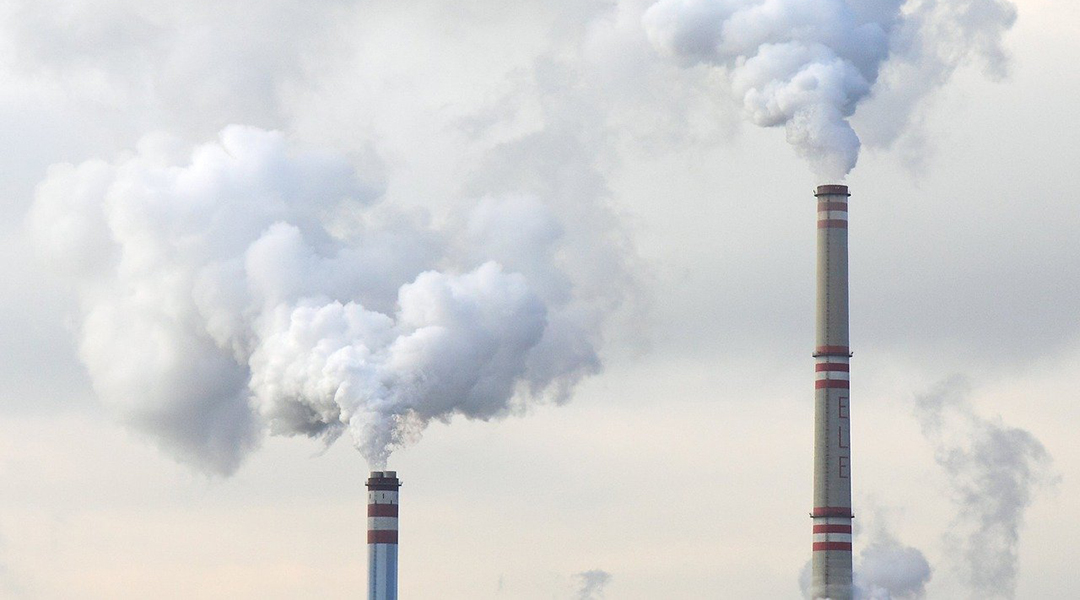
Molten salts are renowned for operating at high temperatures and are ideal as a new generation of carbon capture media.

A conductive, cellulose-based nanopaper allows researchers to print paper electronics without needing expensive microfabrication techniques.